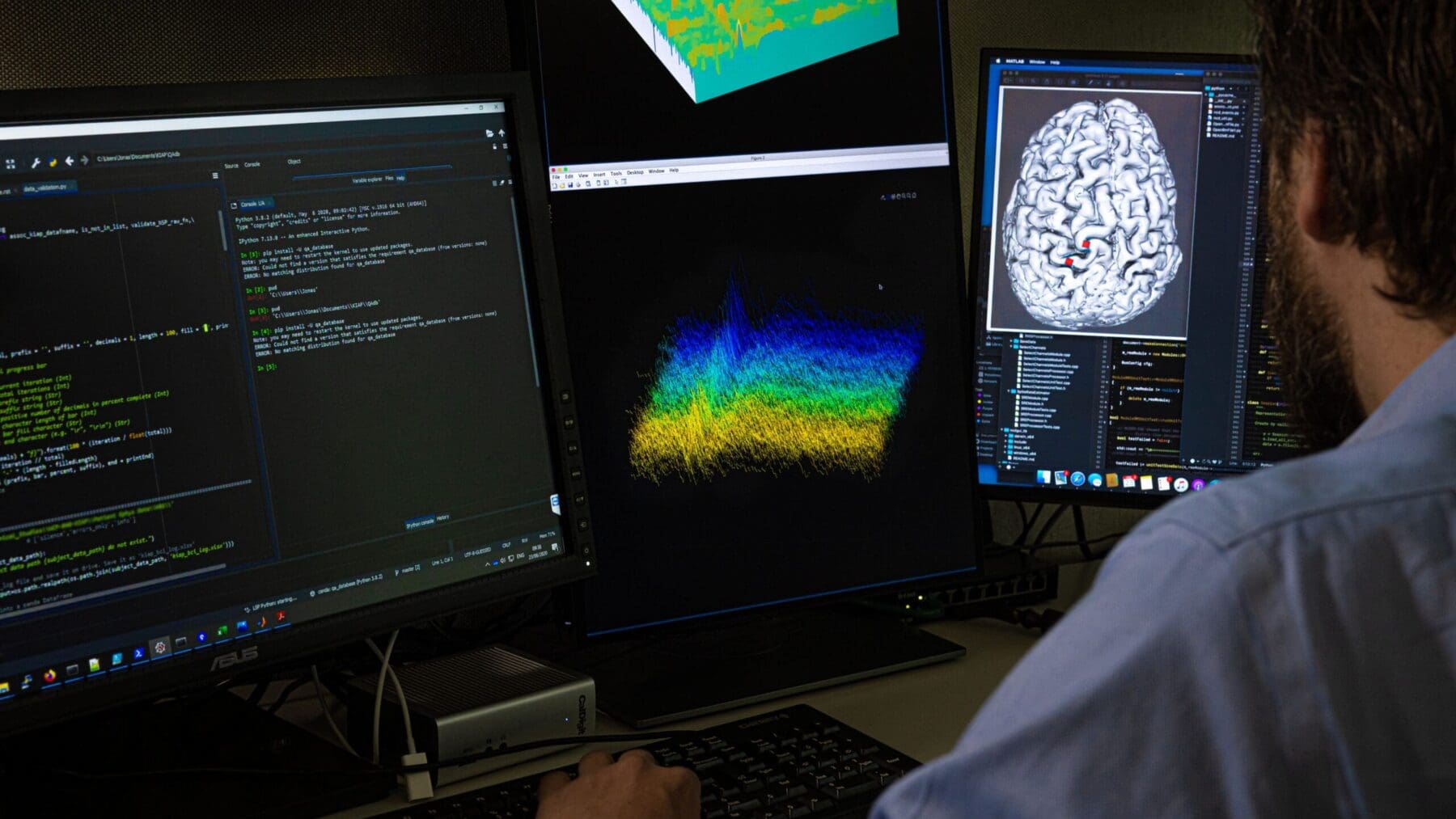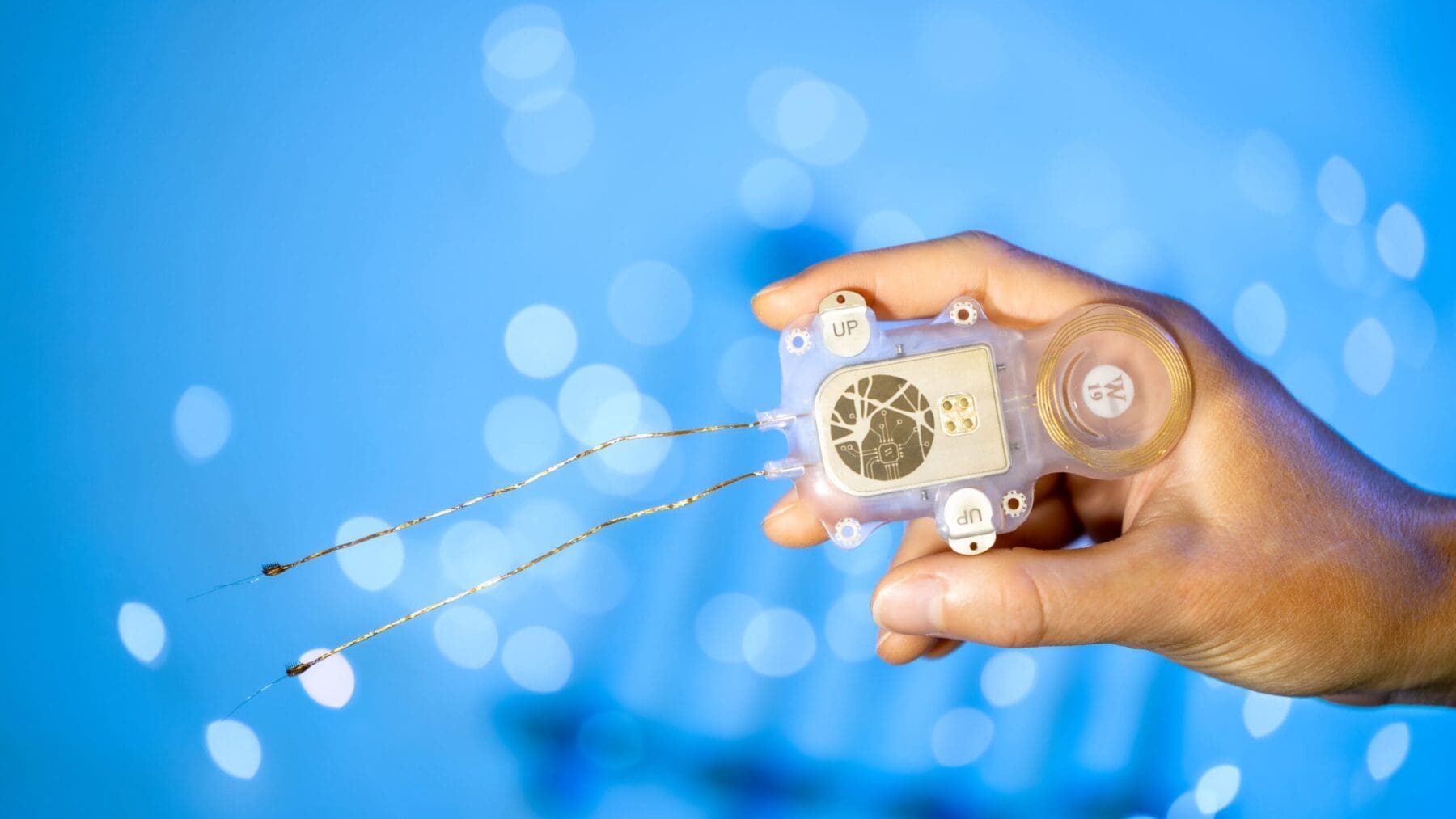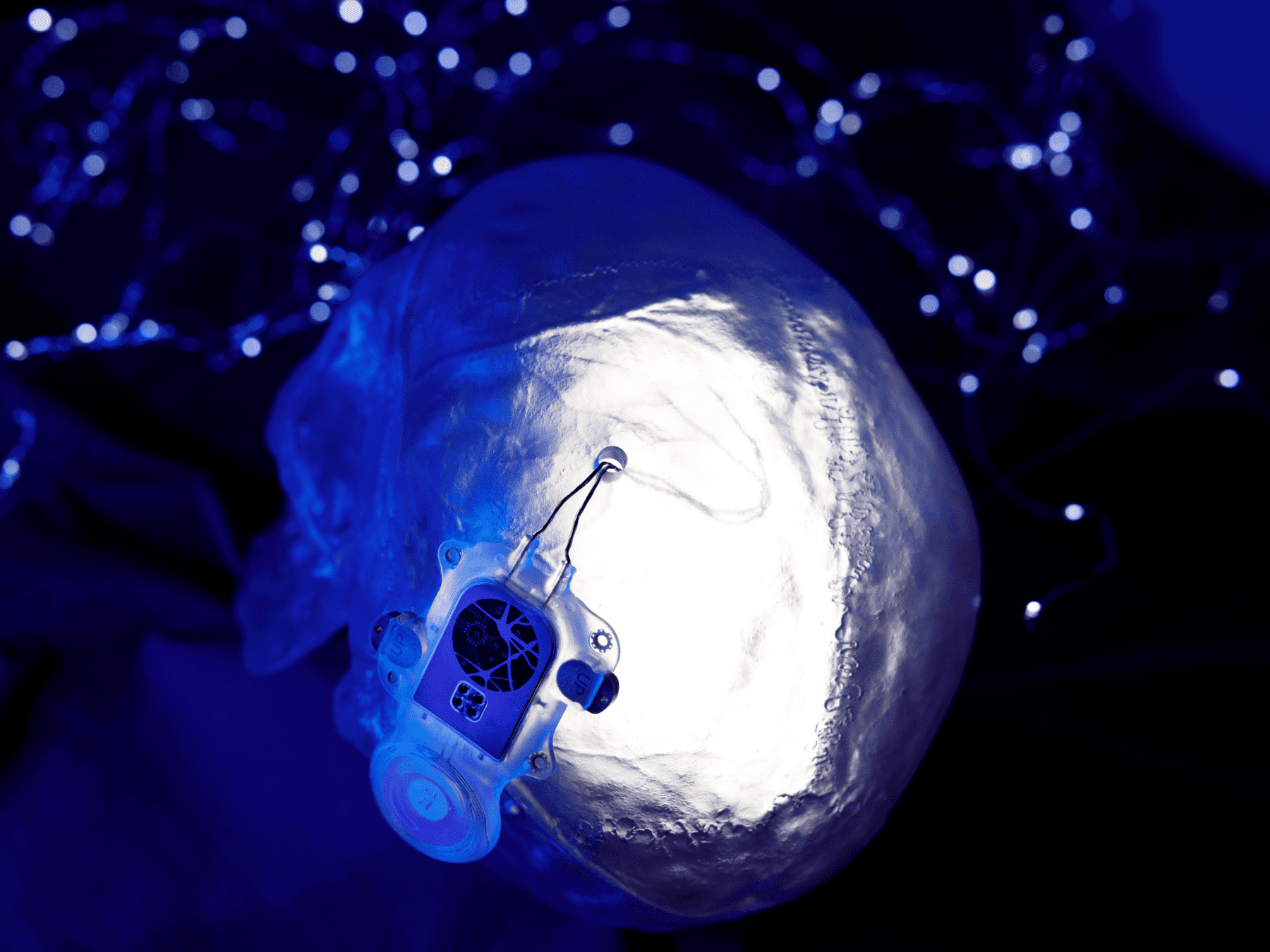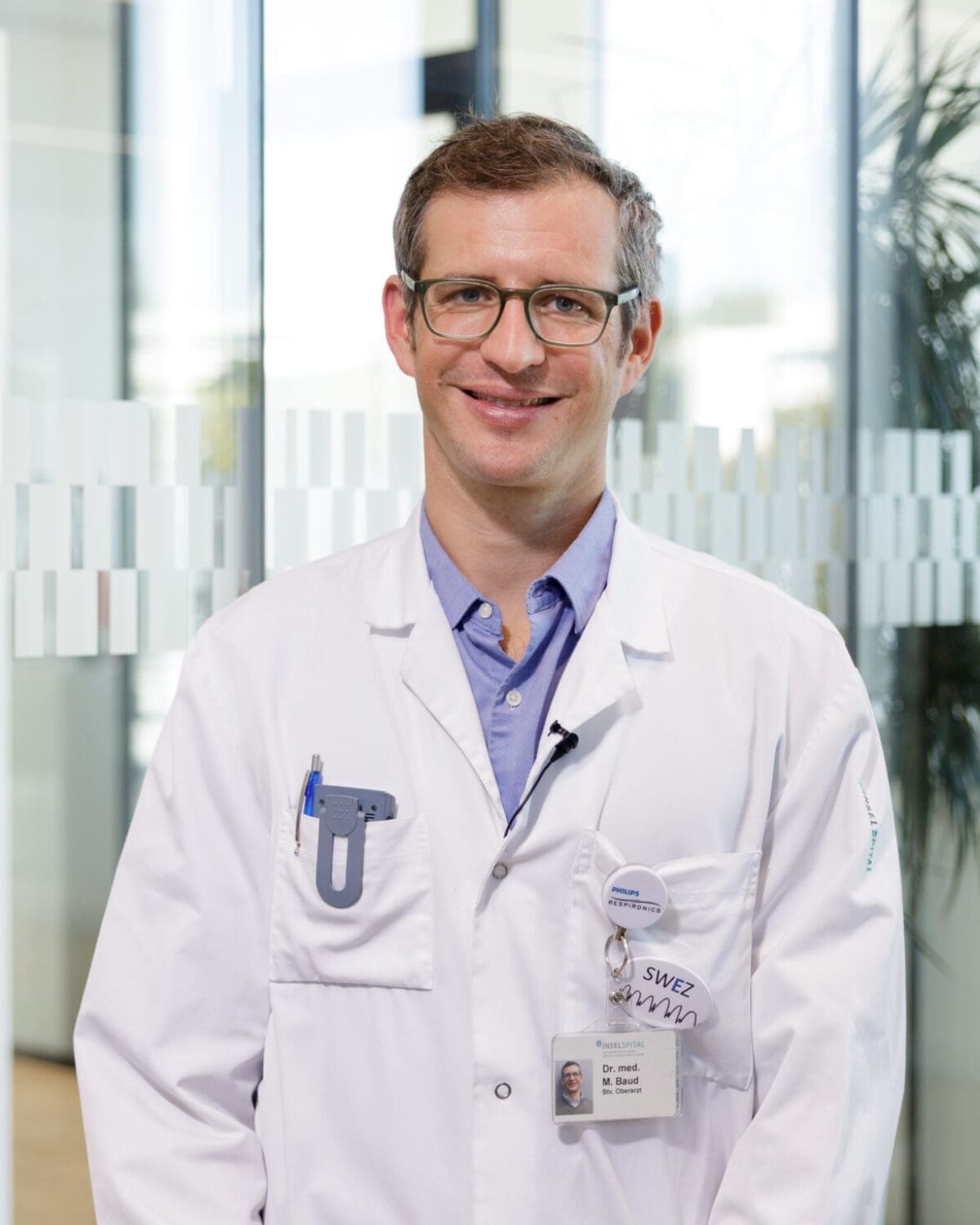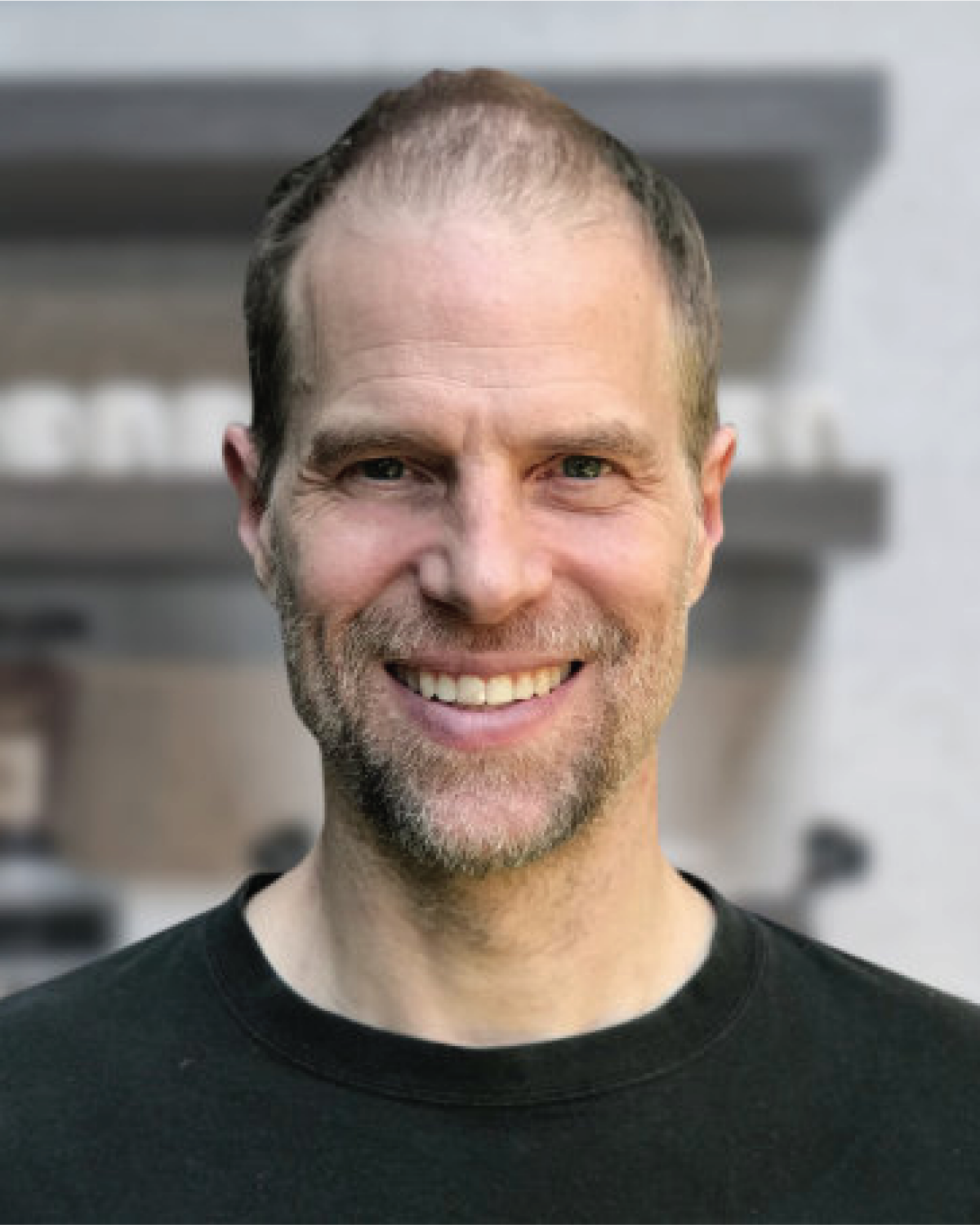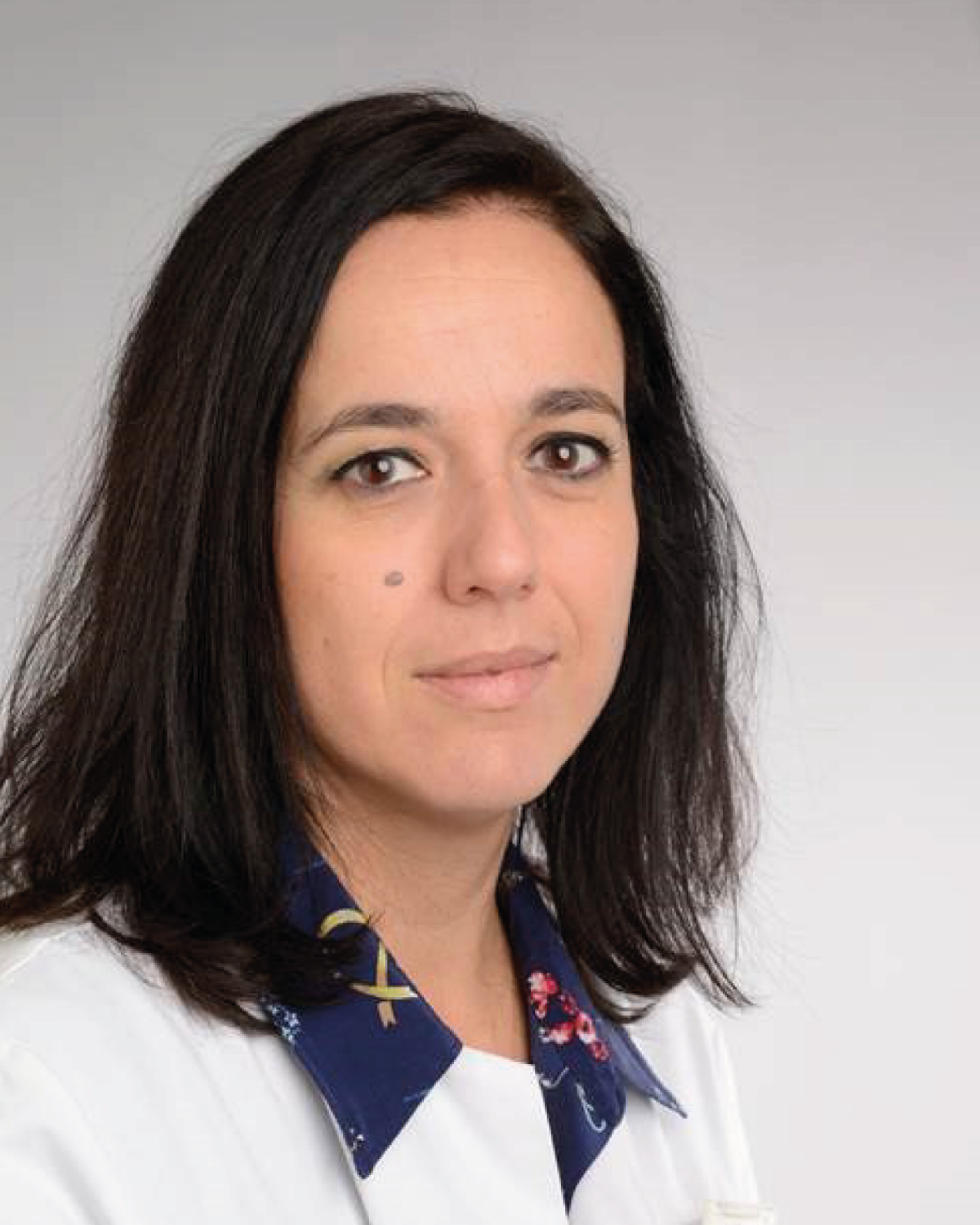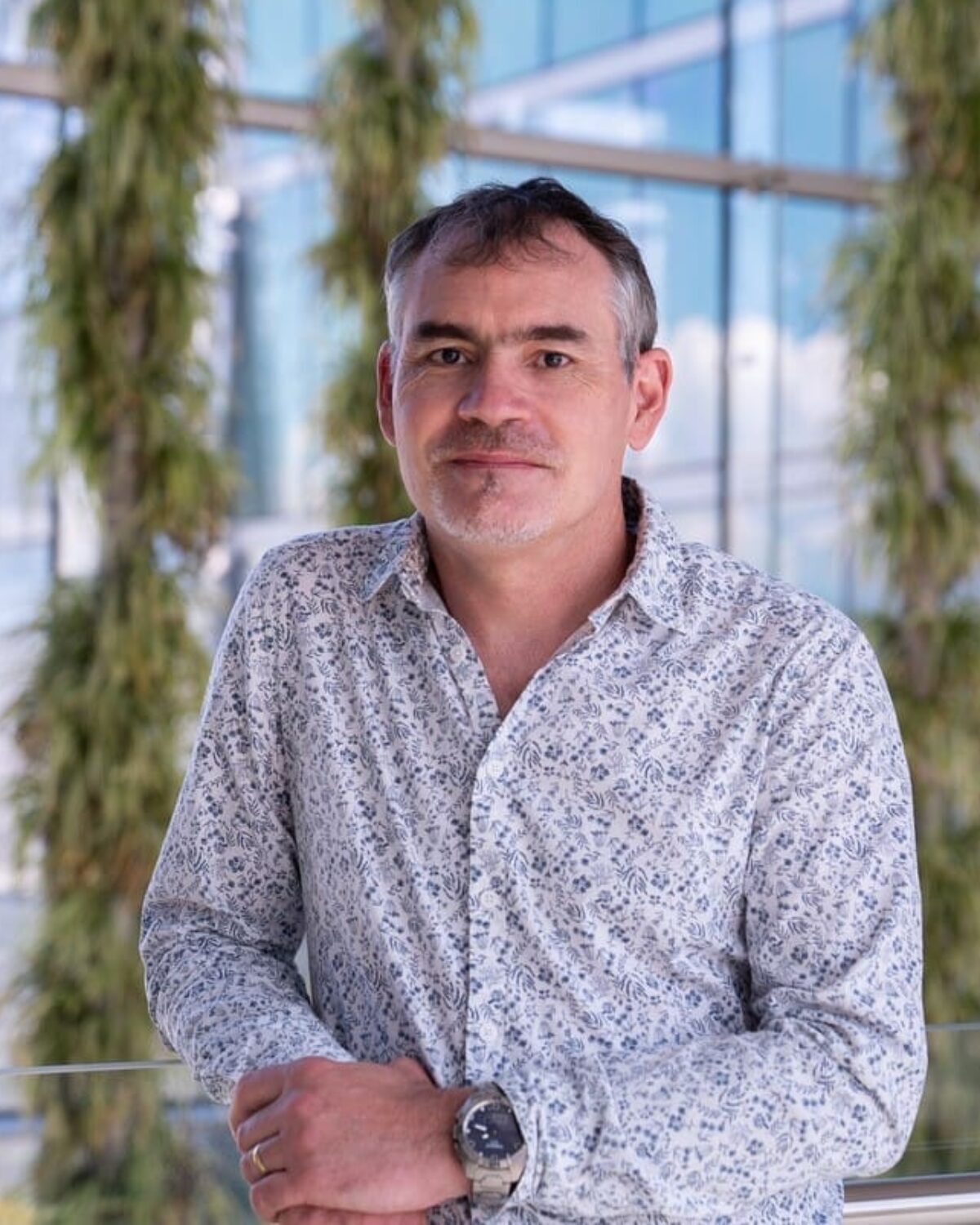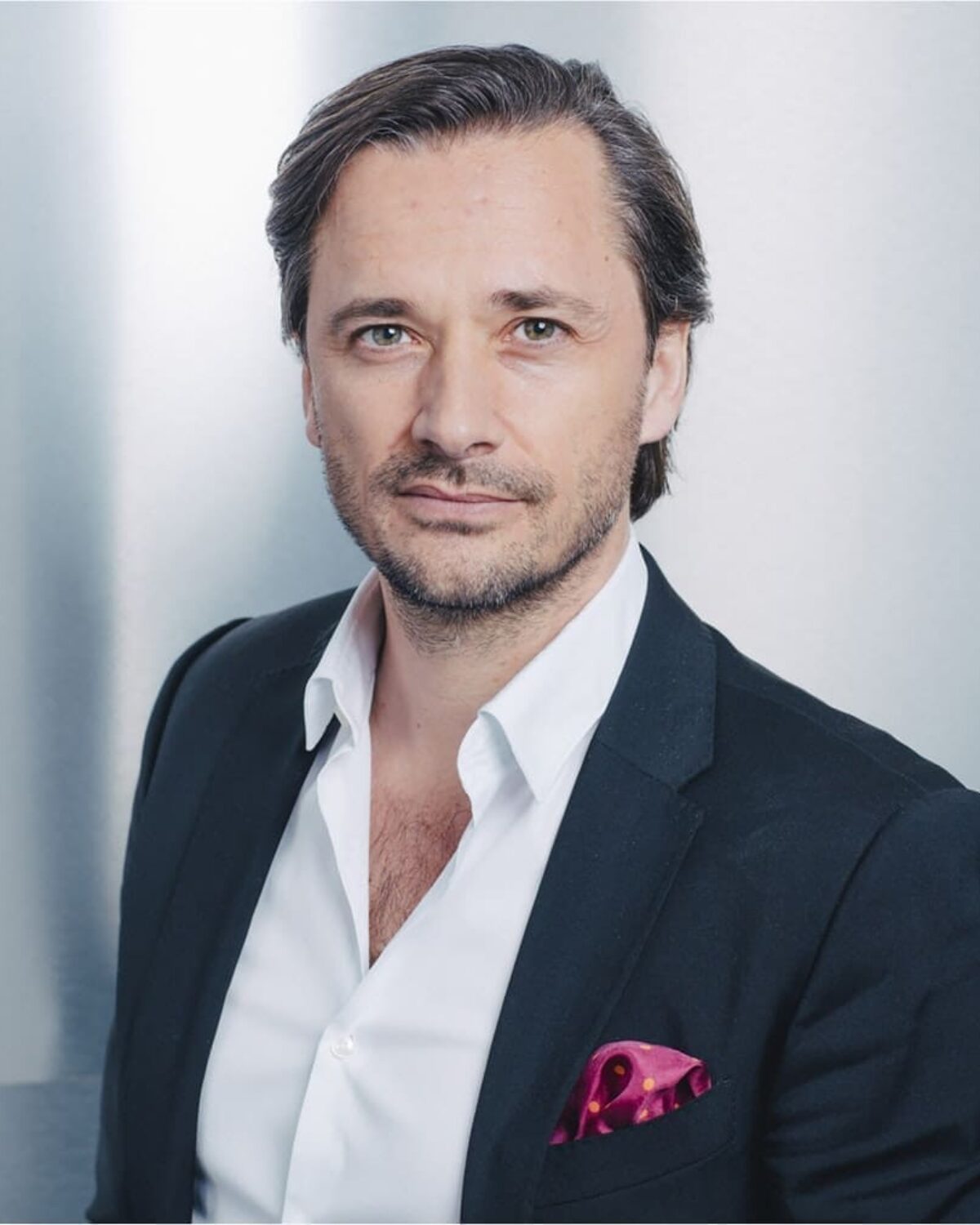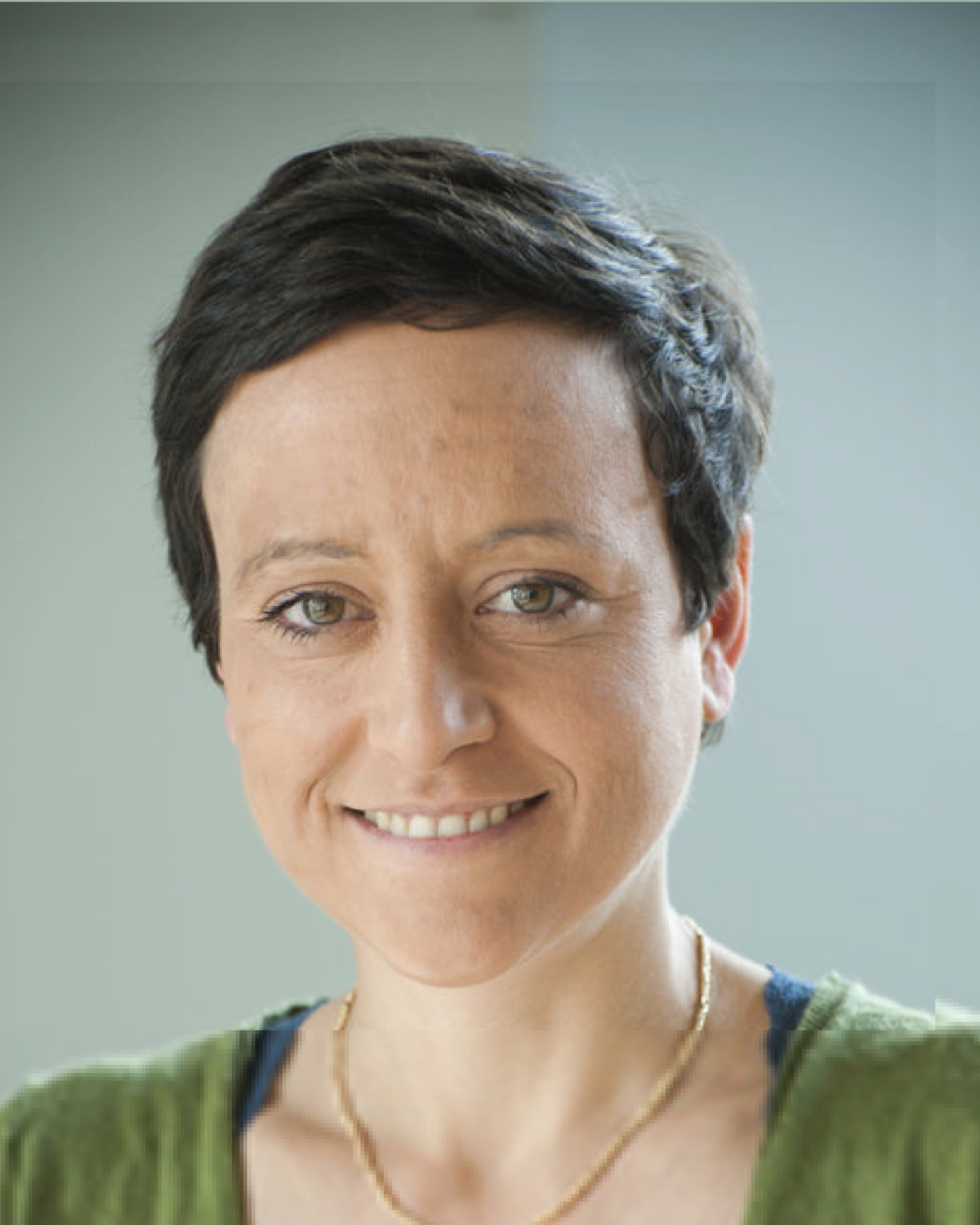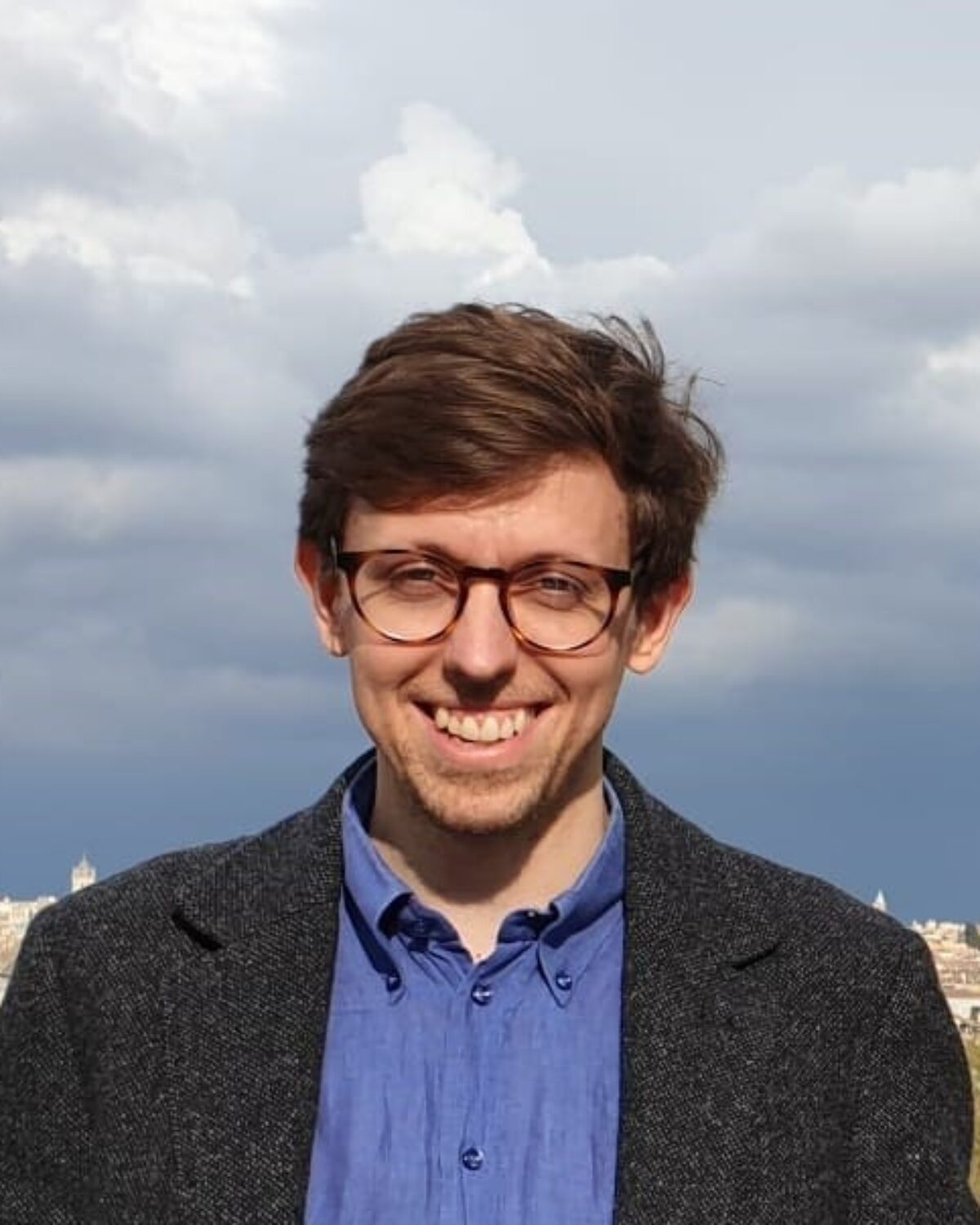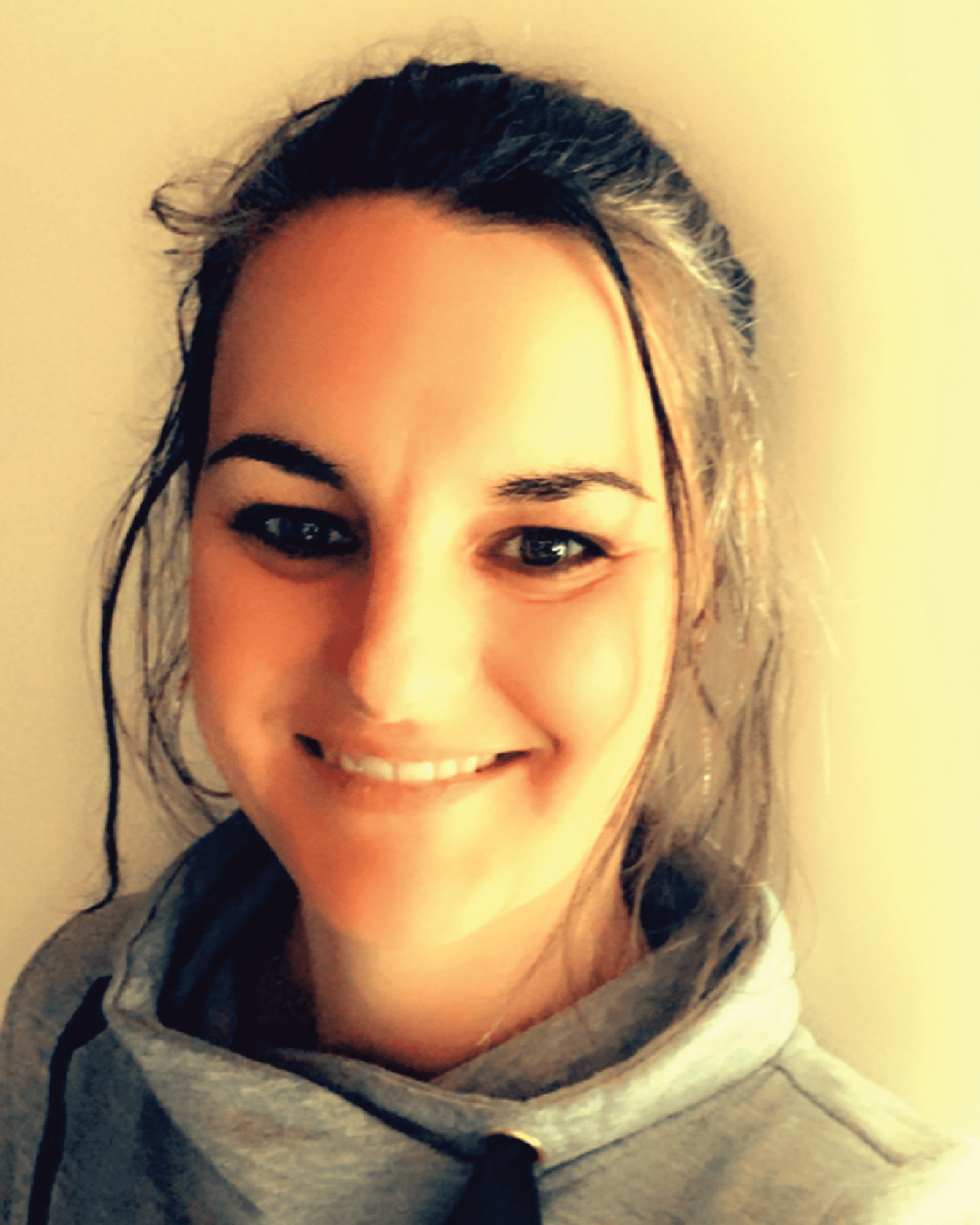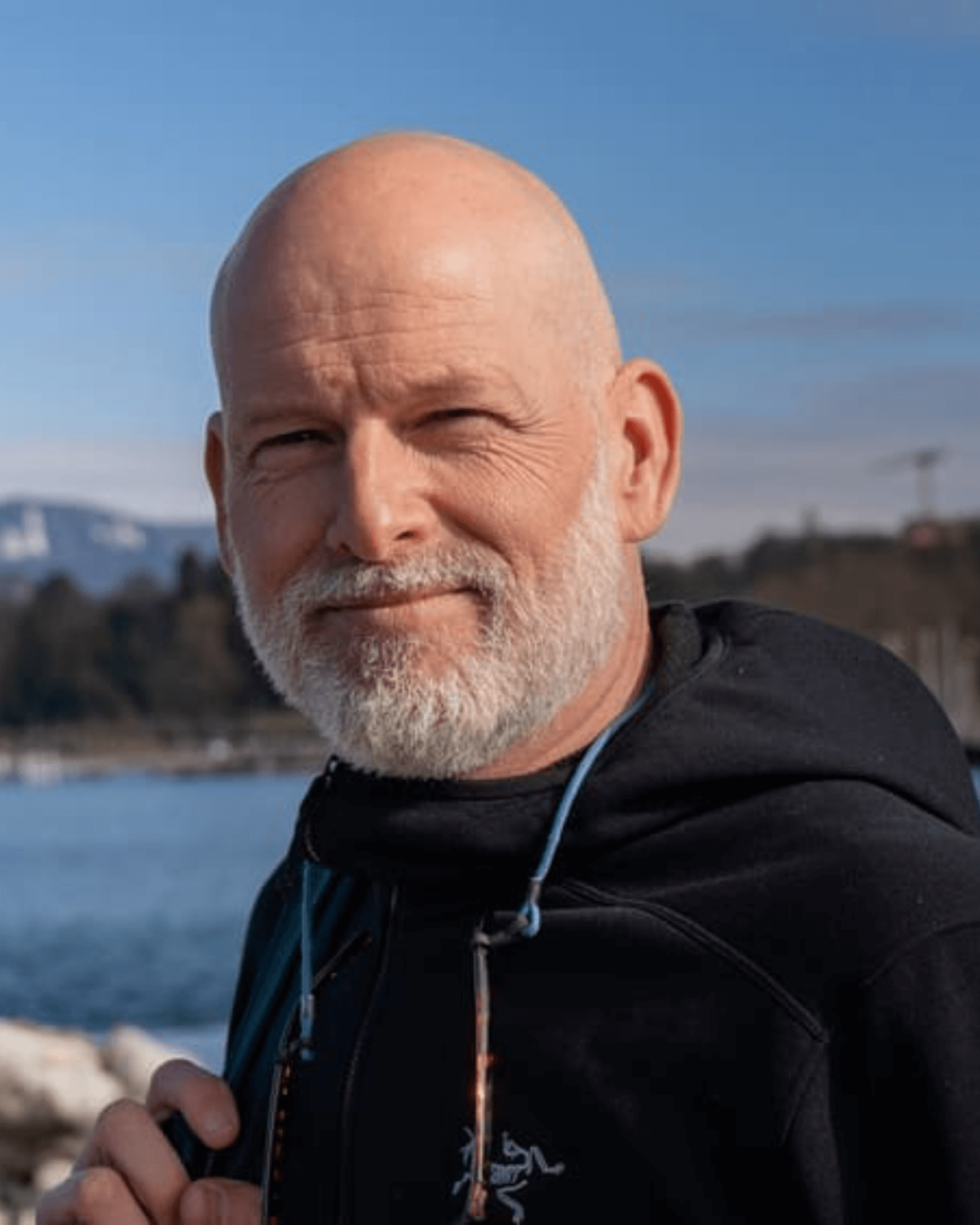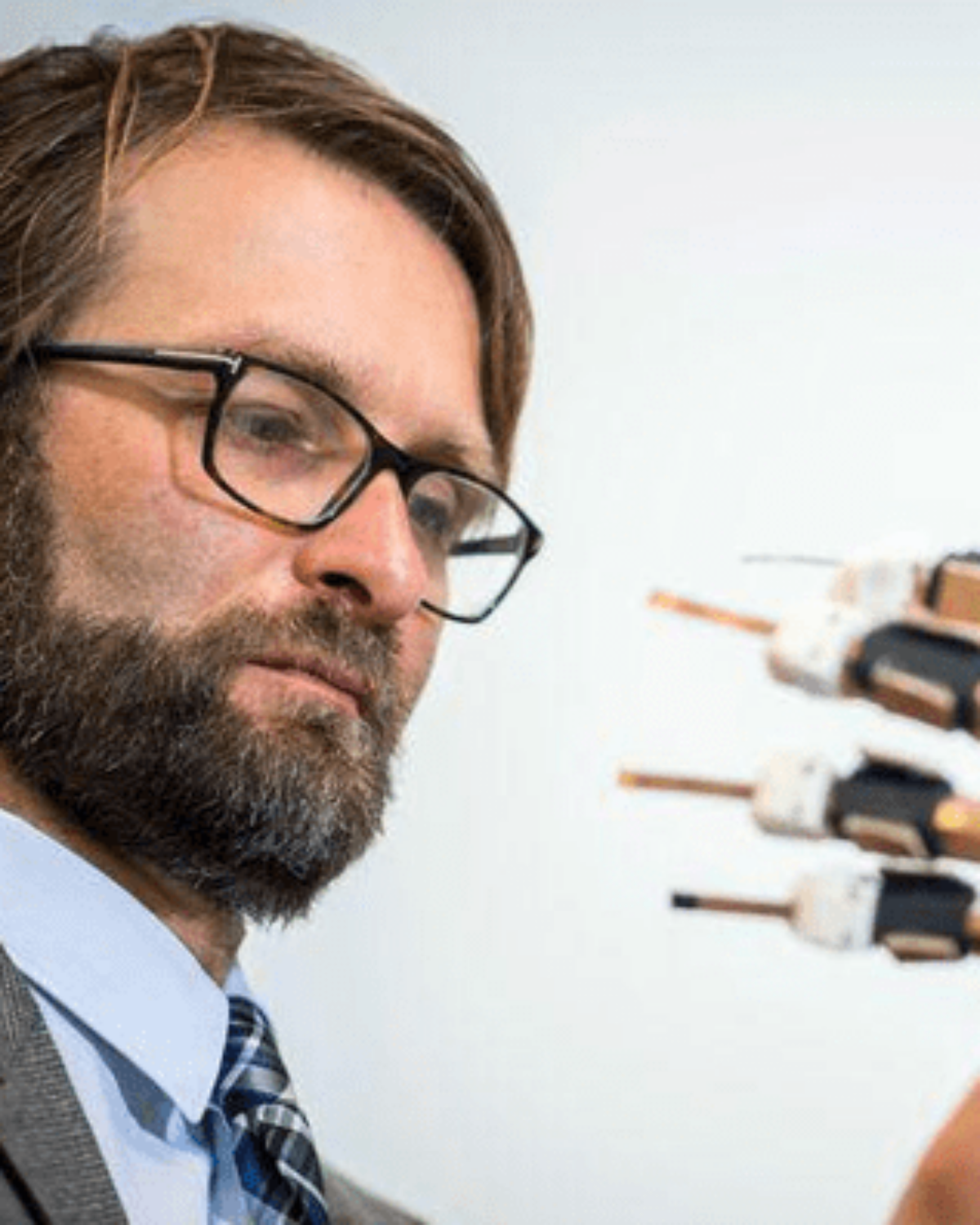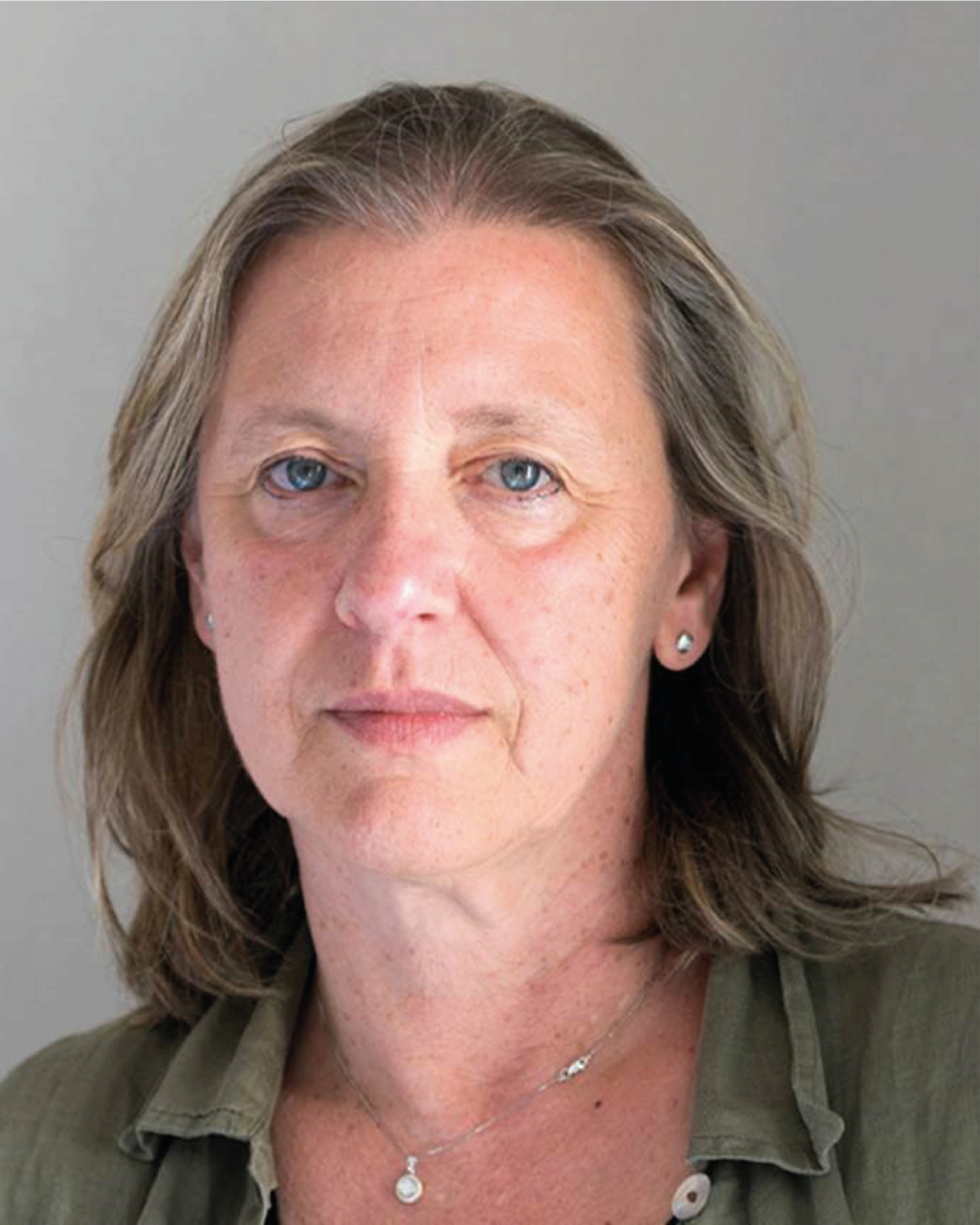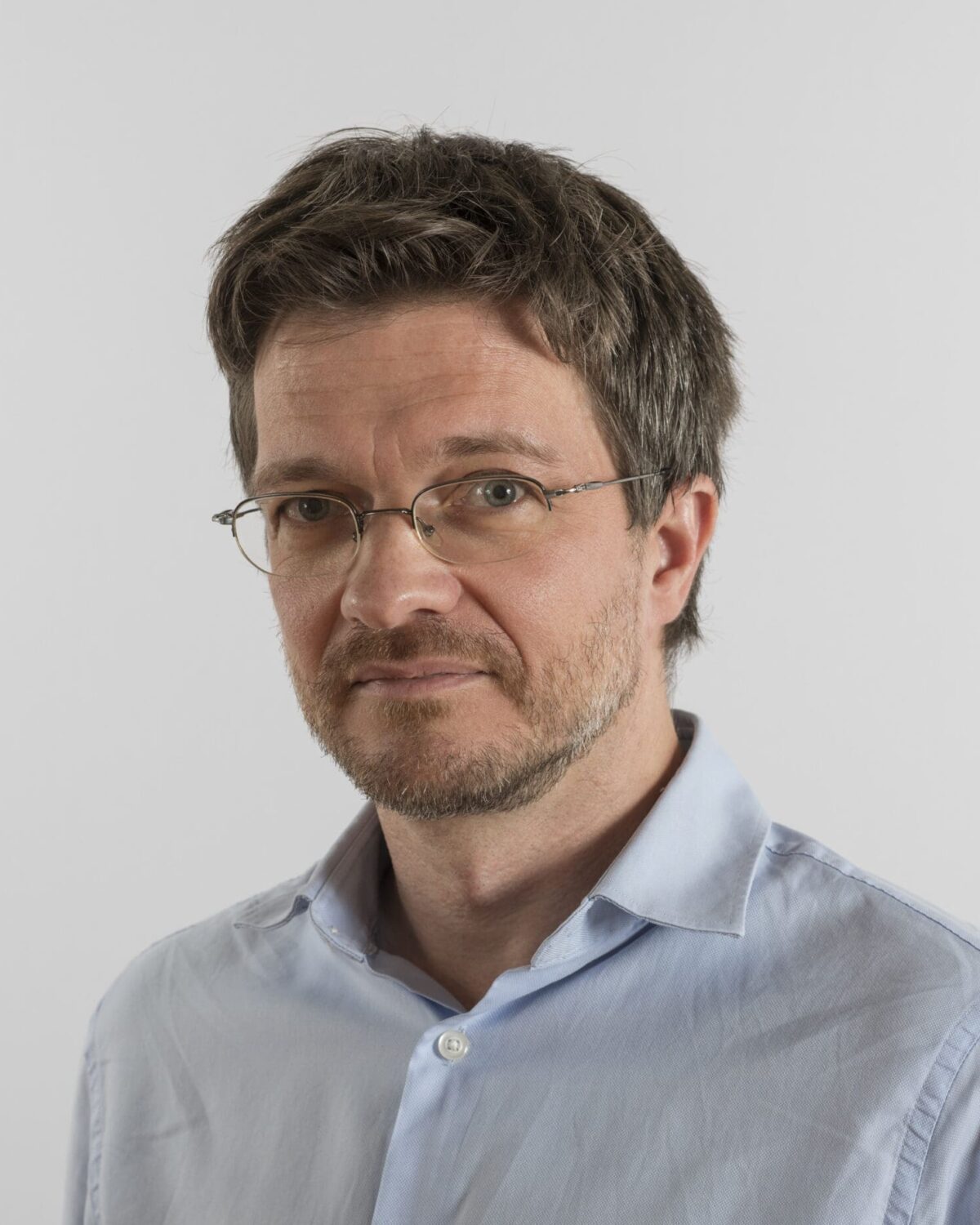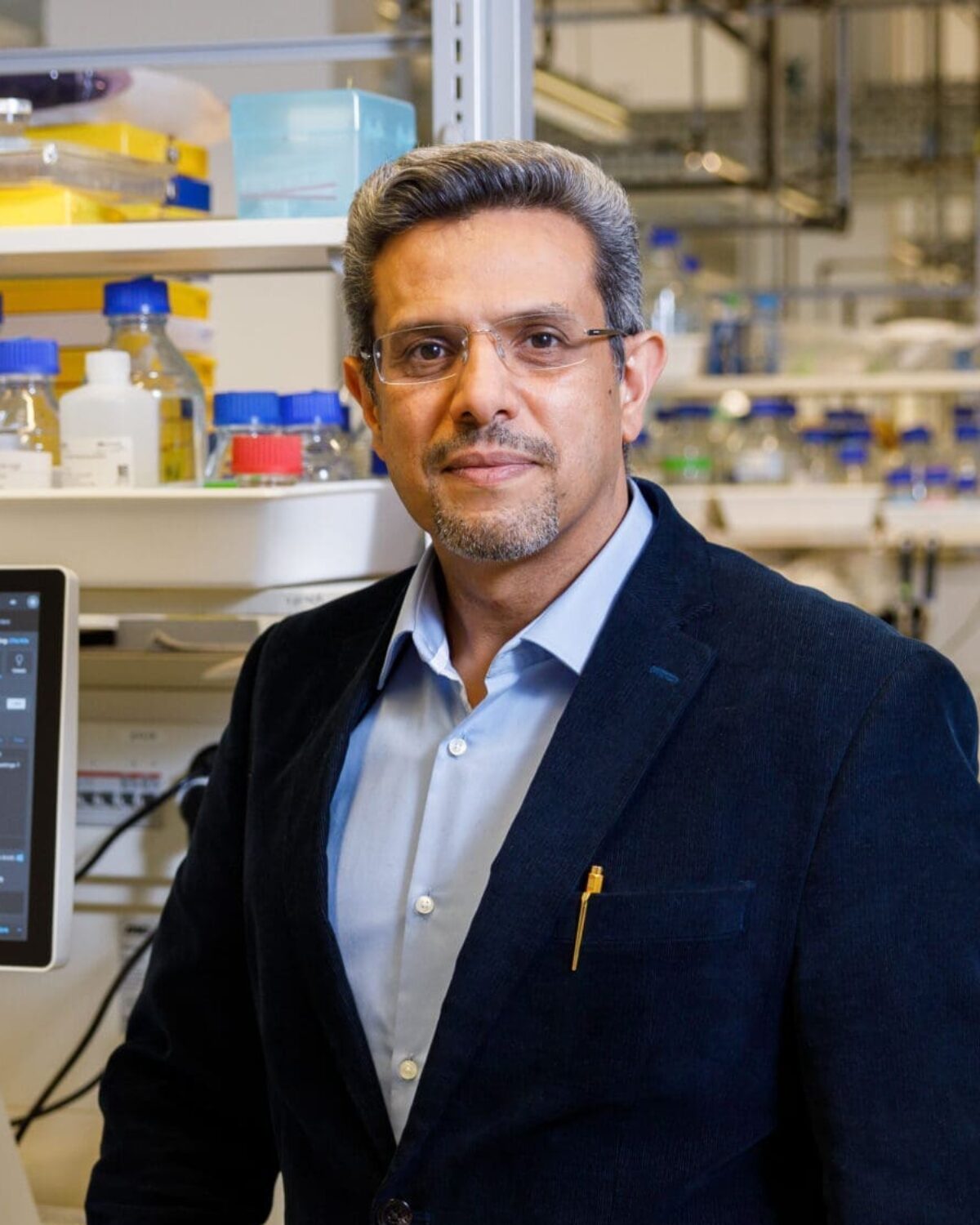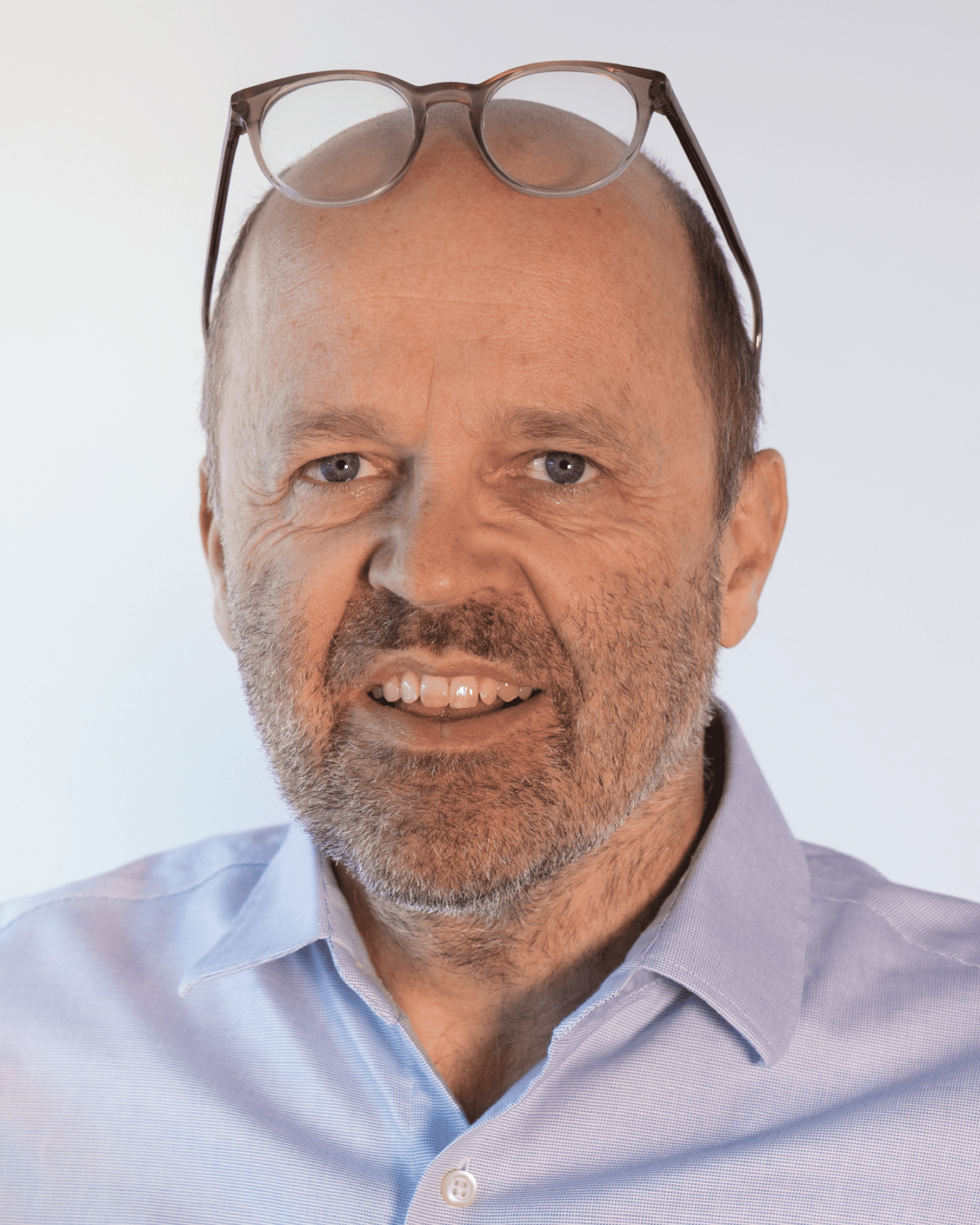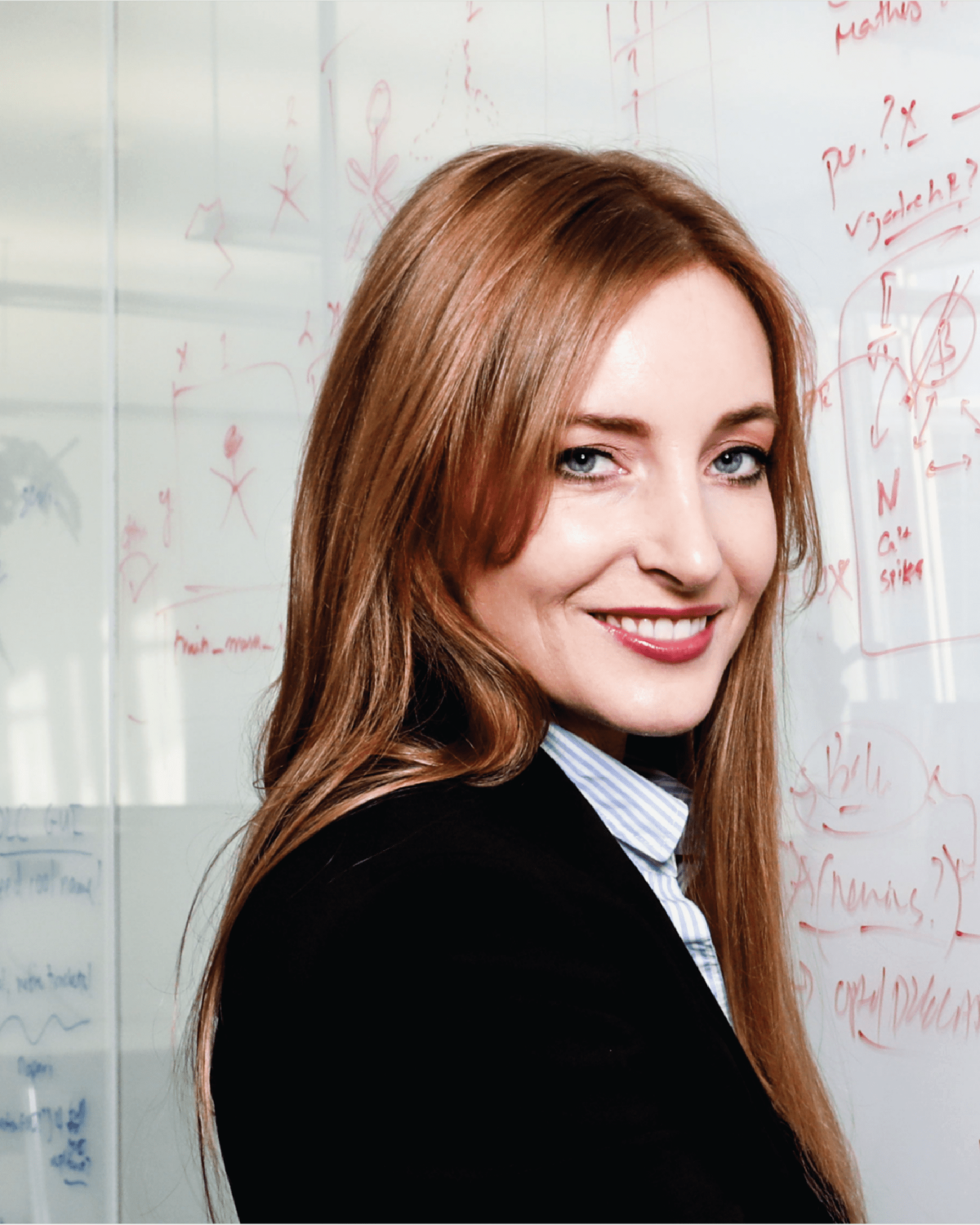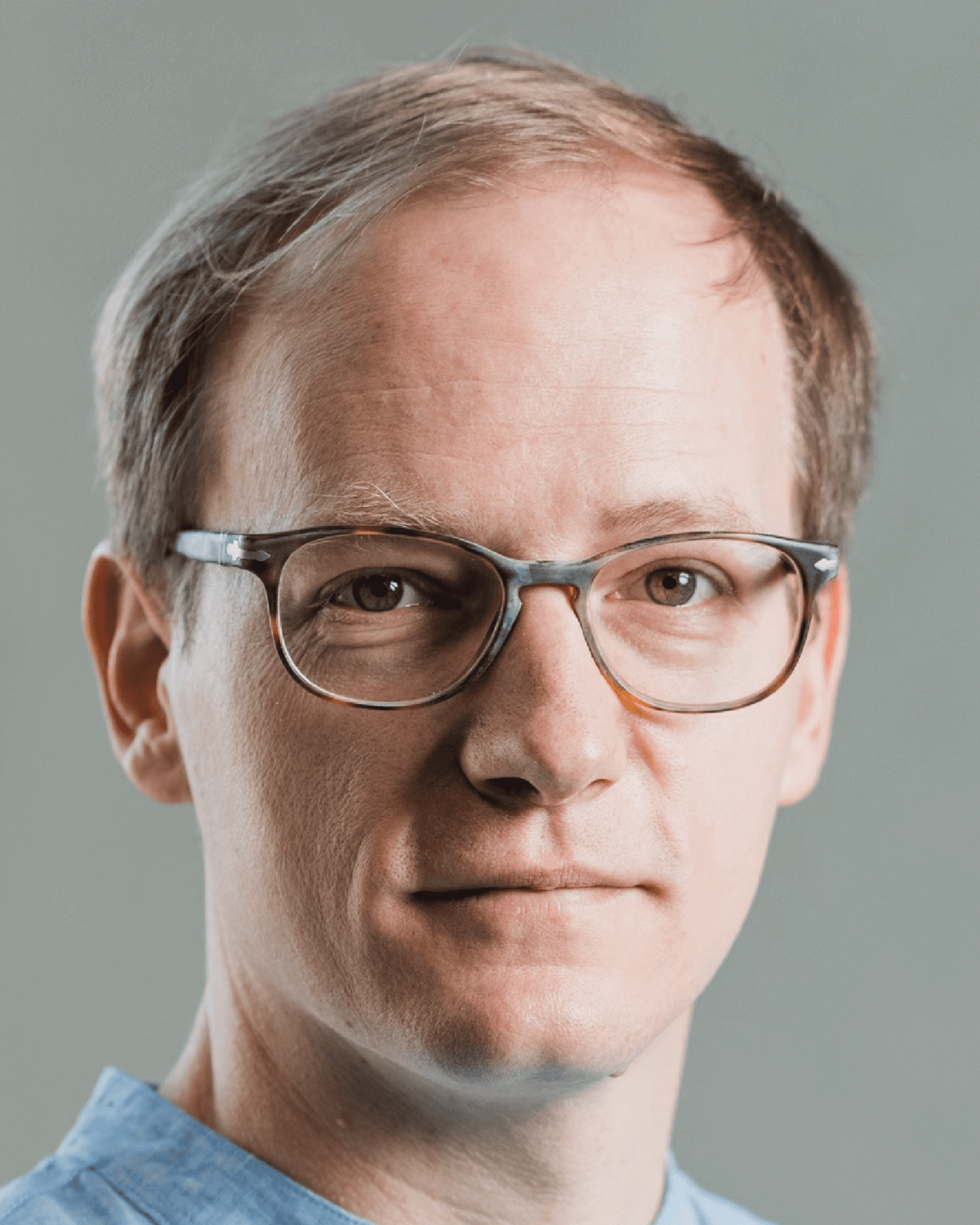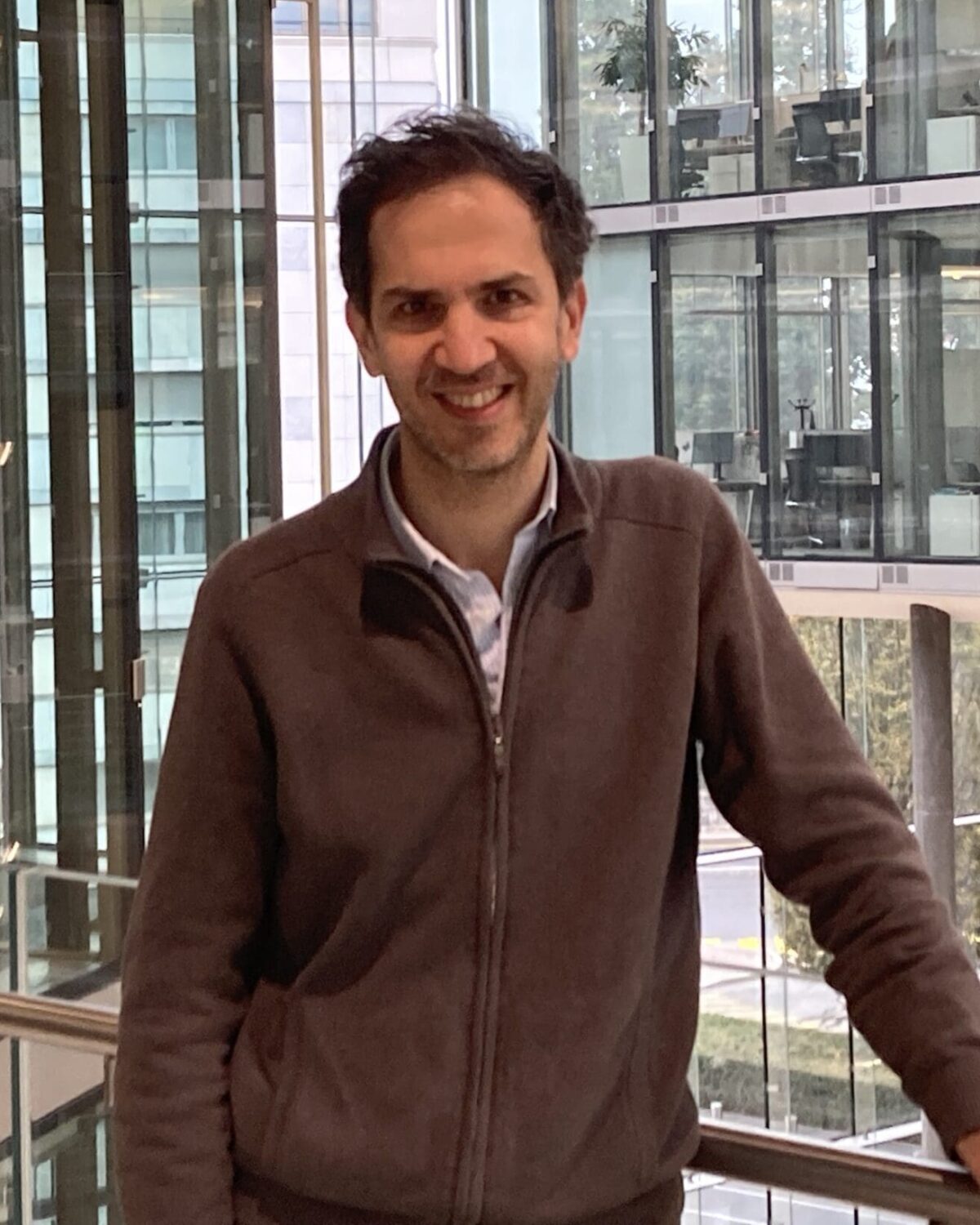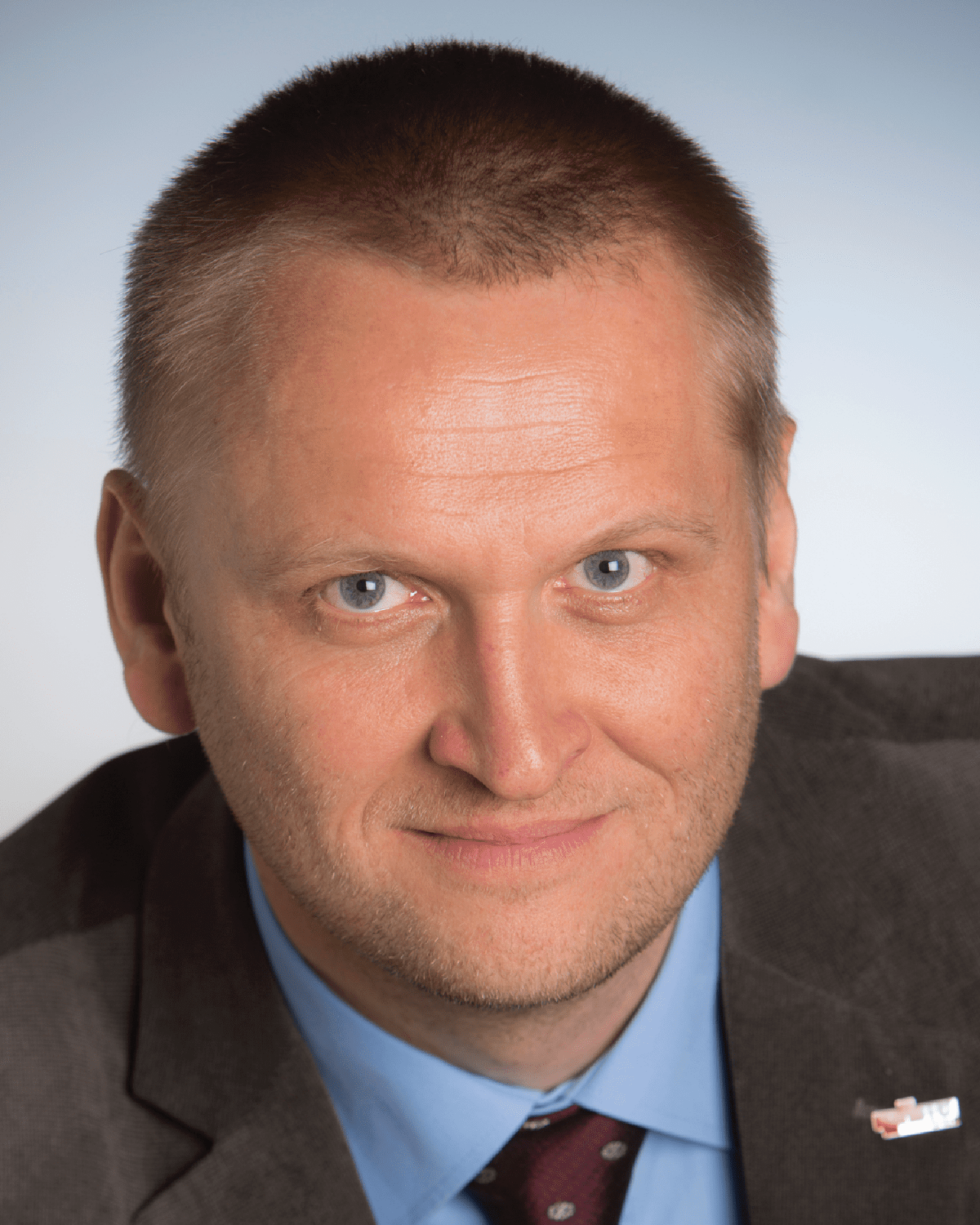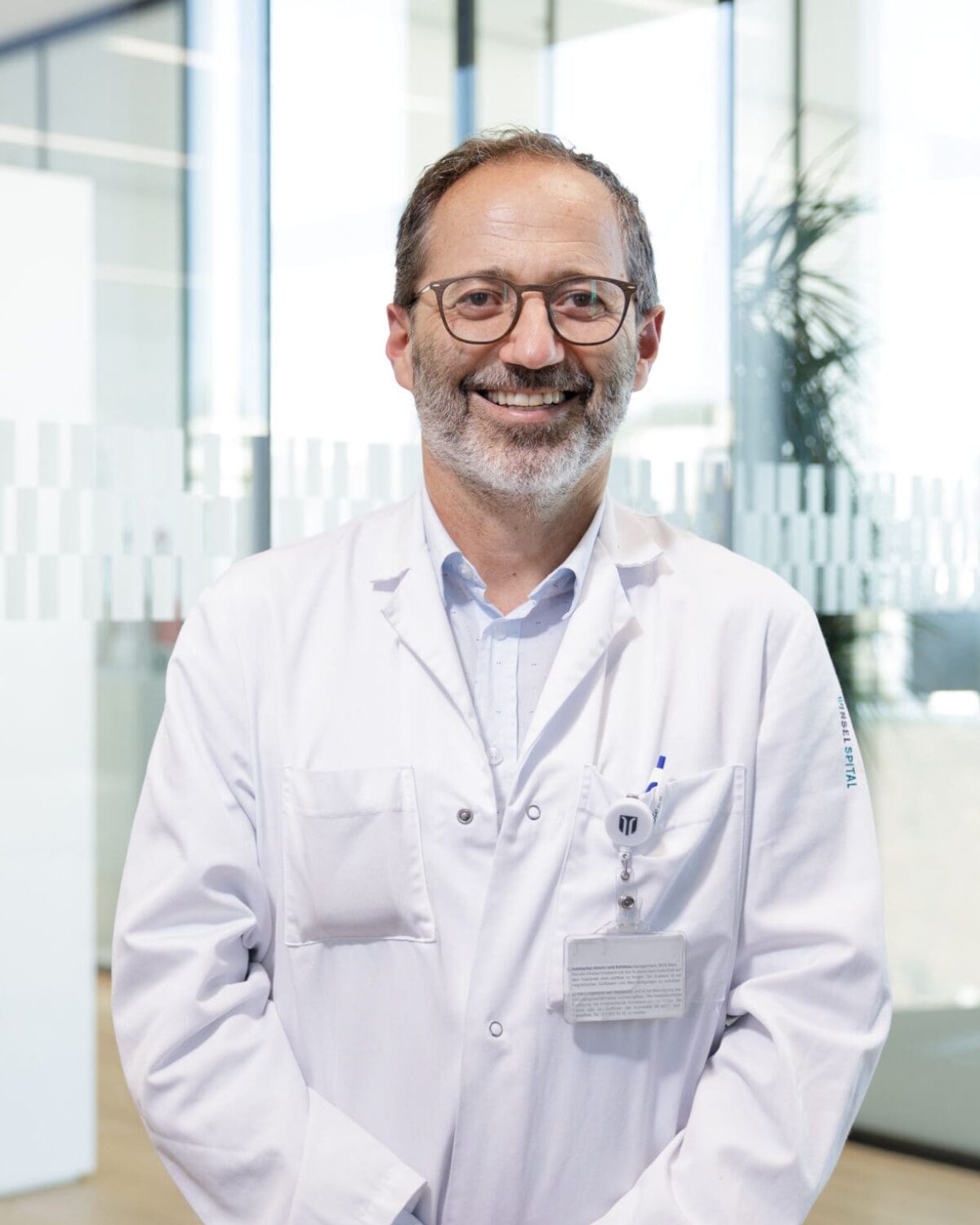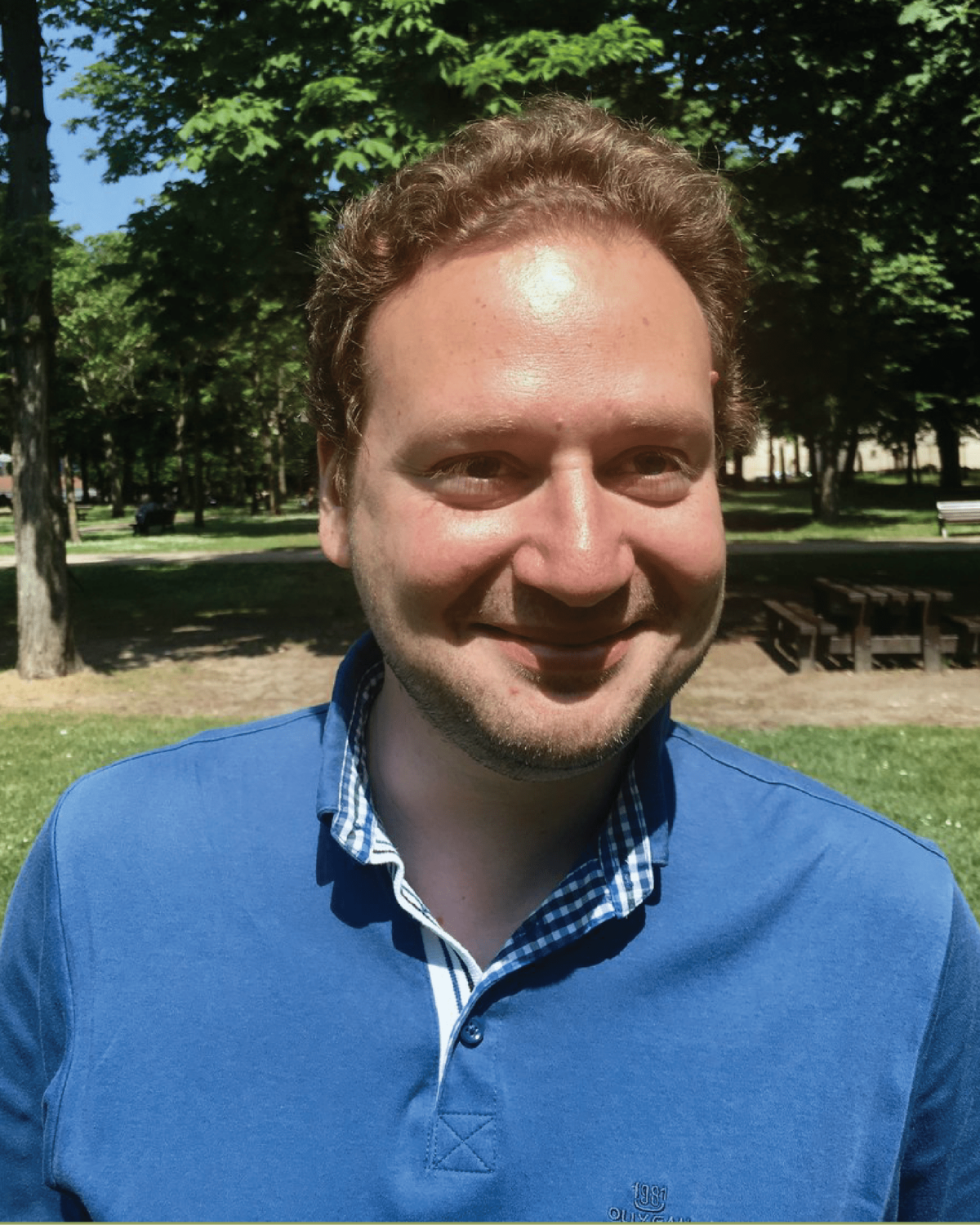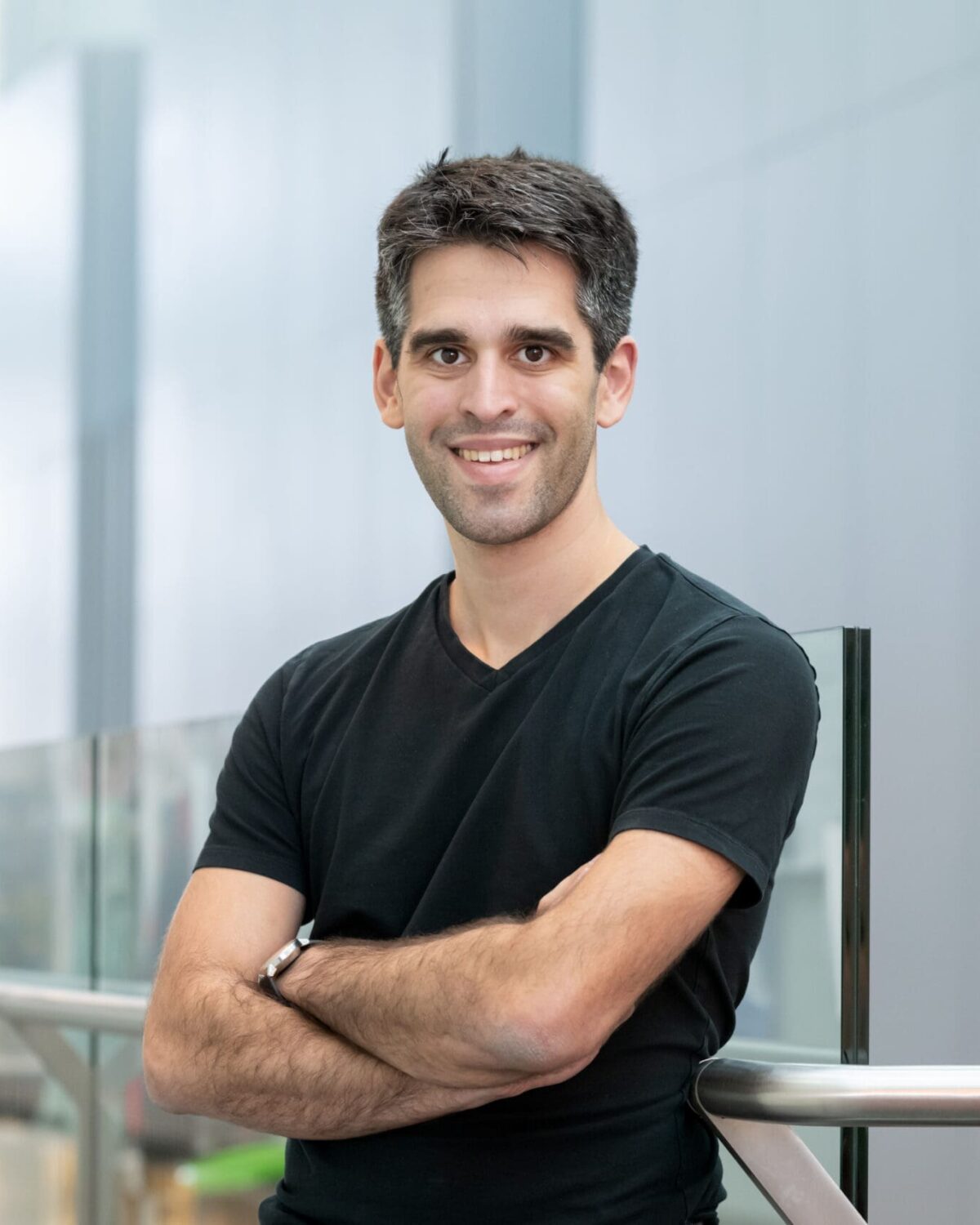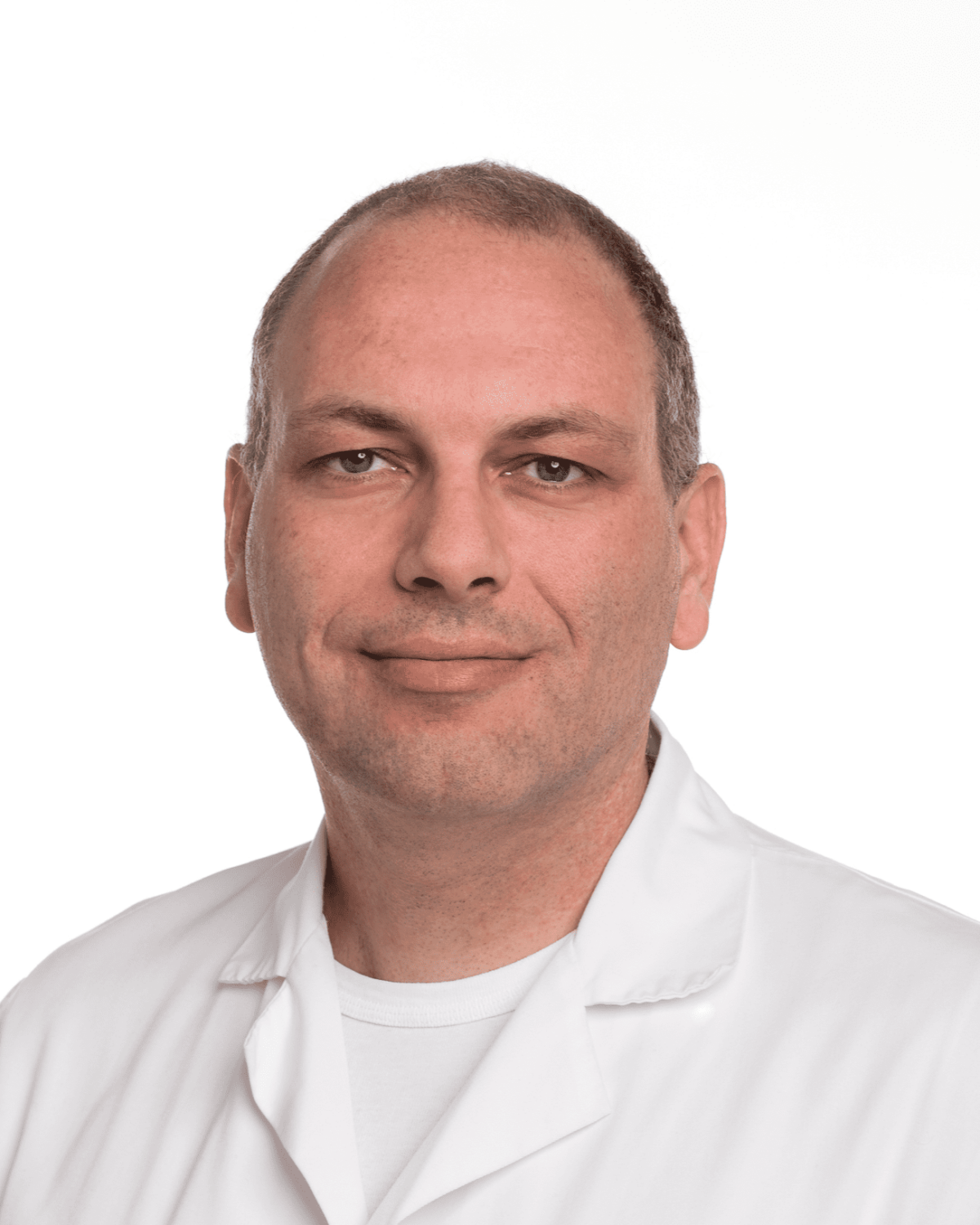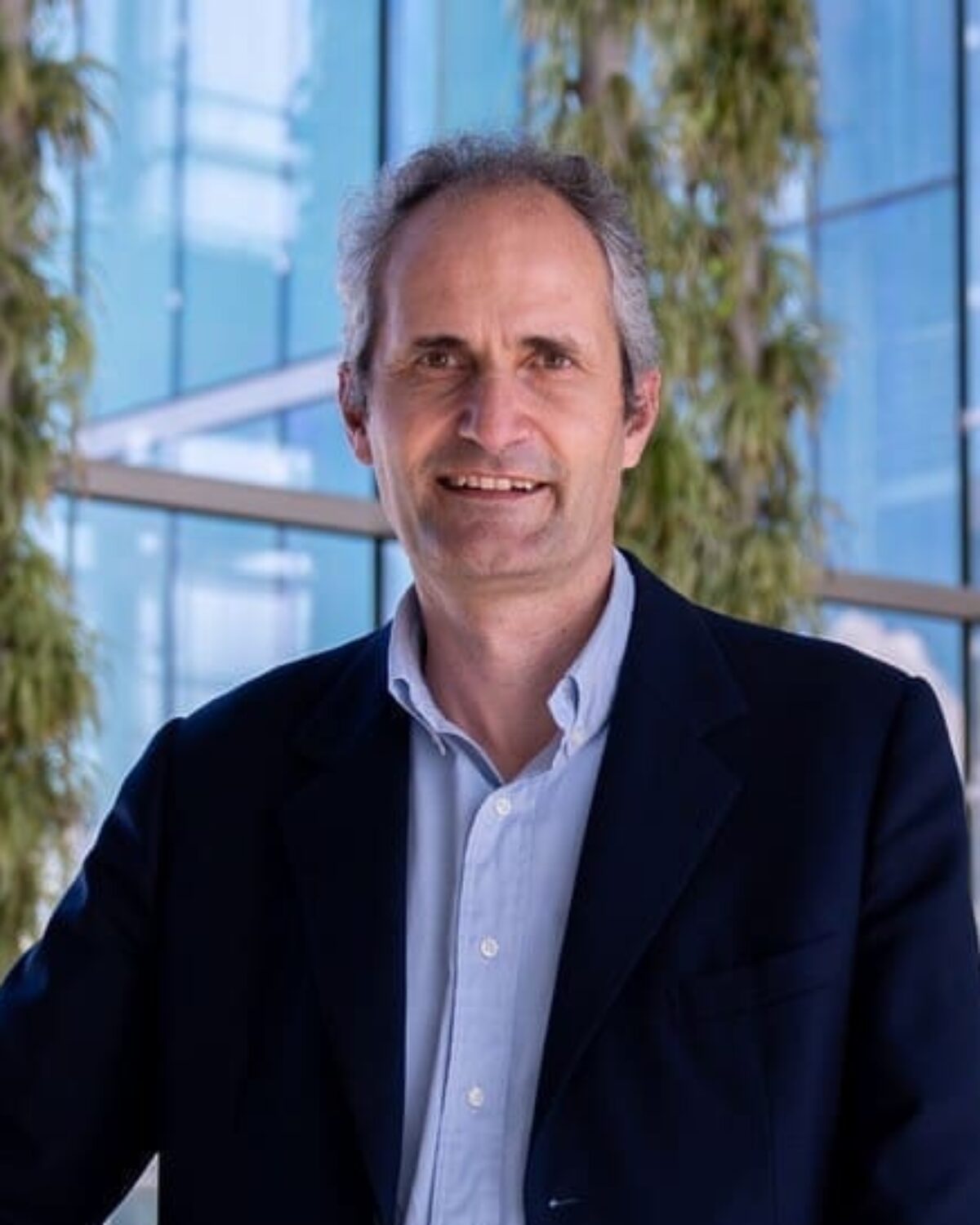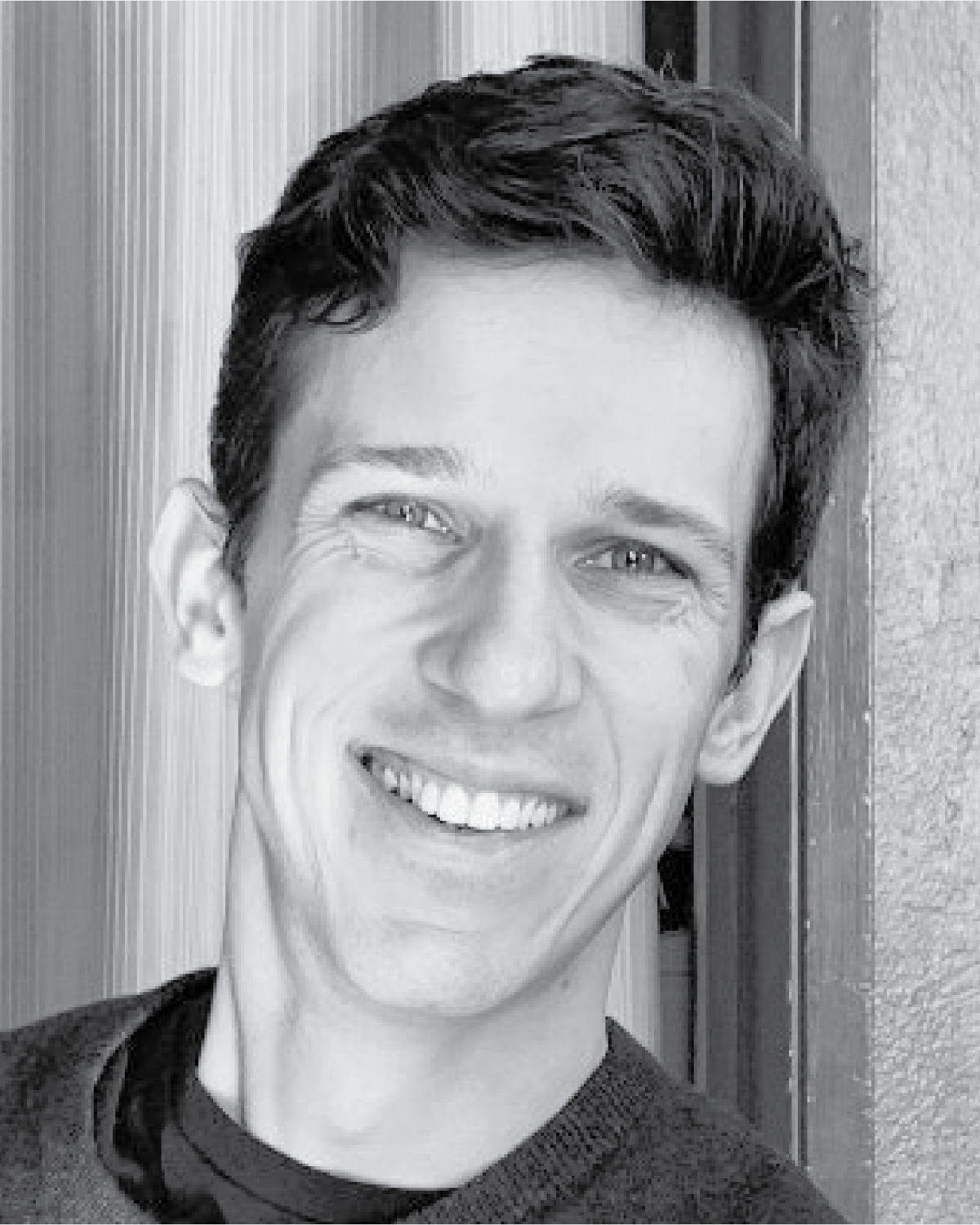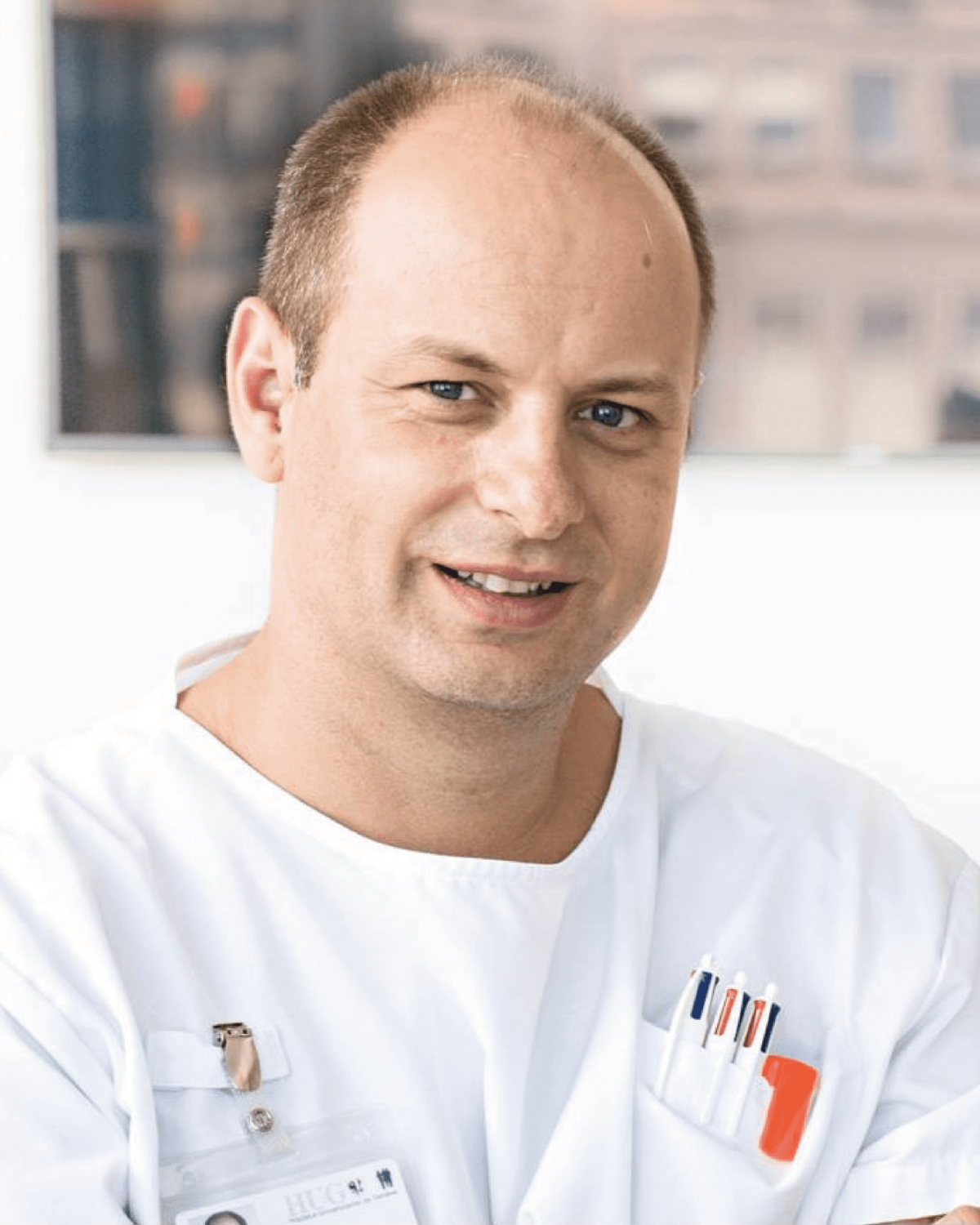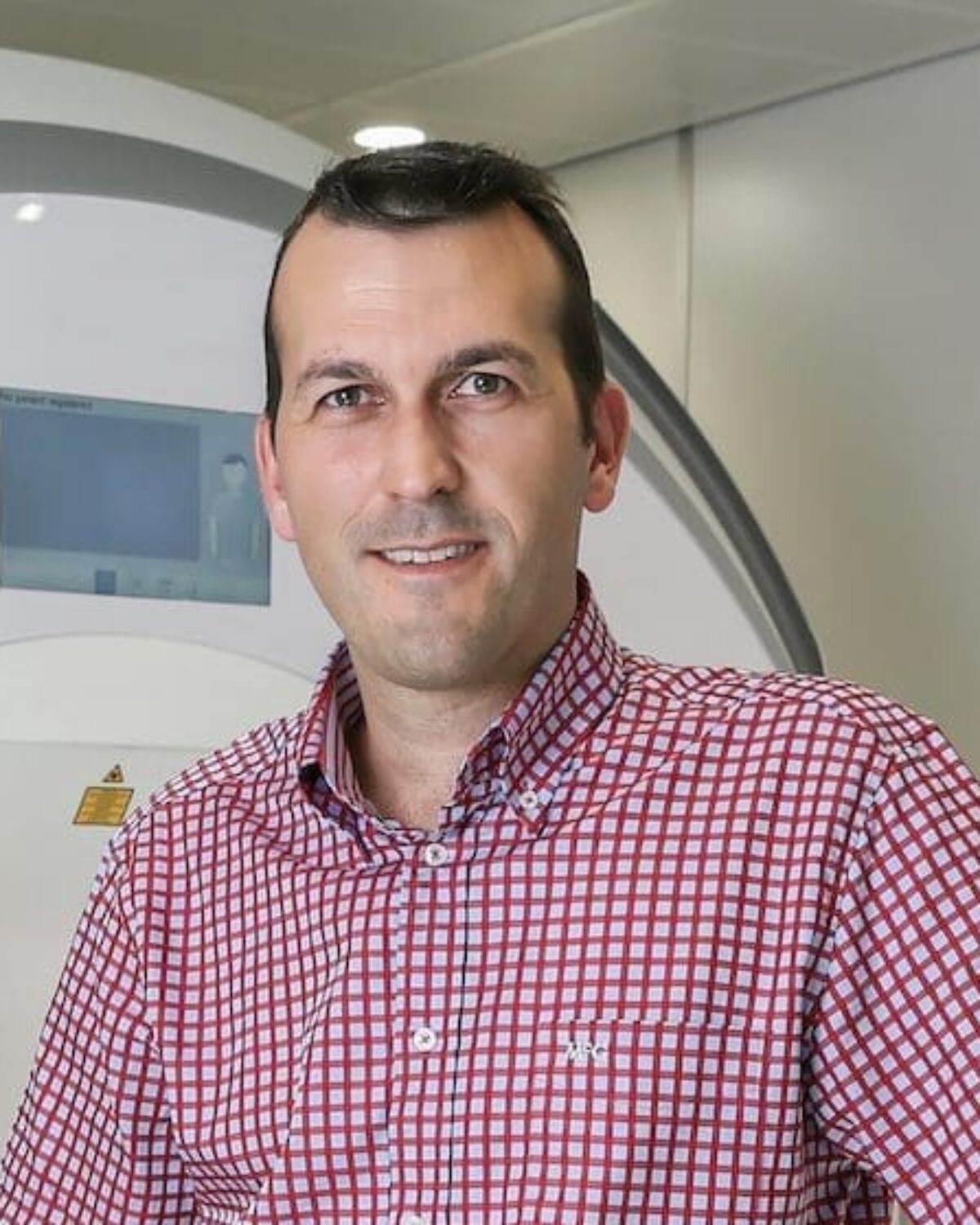Nick Ramsey, PhD
Collaborator, UMC Utrecht Brain Center

Professor Nick Ramsey collaborates on Wyss Center programs working to restore function for people with paralysis and communication for those locked-in as a result of ALS. He brings extensive knowledge of the BCI field as well as expertise in human intracranial brain-computer interface research and knowledge of associated ethical and regulatory frameworks. Nick is Professor of Cognitive Neuroscience at the University of Utrecht (NL) where he leads a multidisciplinary research group.
Nick has been active in the field of implantable human BCI systems since 2005 and runs the Utrecht Neuroprosthesis project at the University Medical Center of Utrecht where people with locked-in syndrome are provided with a brain implant to operate assistive technology software.
His BCI team conducts research on decoding brain signals obtained with subdural electrode grids, aiming to employ implantable BCI devices with 32 or more amplifiers to enable operation of a speech computer. Nick has a background in Psychology and Cognitive Neuroscience and has conducted extensive research on human brain function, using functional MRI and high-field MRI scanners.
After completion of his PhD in psychopharmacology (University Utrecht, NL), Nick spent several years developing functional MRI paradigms at NIH (USA). In 1995 he initiated an fMRI research lab in the Psychiatry Department of the University Medical Center of Utrecht, and became a Professor in the Neurosurgery department in 2008 where he started the combined electrocorticography-fMRI research lab he heads today.
Nick aims to translate neuroscientific findings to clinical applications, which has culminated in the Neuroprosthesis program and in a spin-off company that provides clinical fMRI to clinics (Braincarta), and which motivates his involvement in the research at the Wyss Center.
Nick was instrumental in founding the international BCI Society in 2015, of which he was President until 2019.
